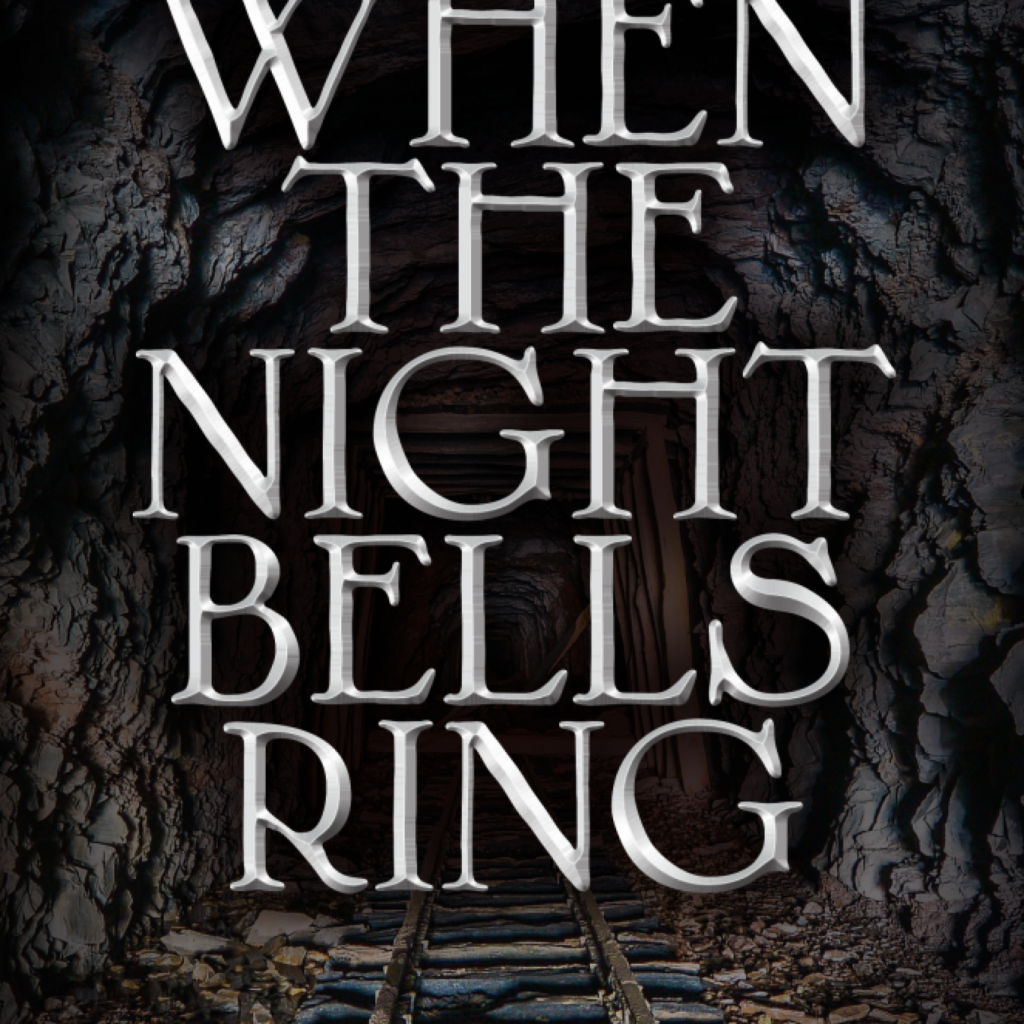My honest review of Jo Kaplan’s “When the Night Bell Rings”

Ok folks, brace yourselves because I can go on and rant about the book I’ve just read for ages. And I say rant not because the book made me angry, or because I didn’t like it, but because it gave me so many conflicting feelings all together while I was reading.
There are a lot of things I’d have handled differently, and I can’t say I found its ending to be a satisfactory one, but boy how happy I am I was given the chance to read it. How is that possible, you’d ask? Well, read on to find out.
“When the Night Bell Rings” starts out giving the reader some context and expectations about the rest of the story, only to play with those expectations quite early on. And if you know me a bit, you definitely know how much I love being surprised. If you don’t know, it suffices to say that I love being surprised, it’s one of the things that attract me in books and stories in general. And yes, in life too.
Mads and Waynoka are two women trying to survive in an apocalyptic future (didn’t quite get how far from now this future was) where water has become a rarity. They escape detention and embark on a journey to the East of the United States, where they hope to find better life conditions. They find a deserted town on their way, an old mining site. This means that there are tunnels leading underground, and that they’ll probably find some water to sustain them in their journey.
Needless to say, things will turn bad when what looks like their only way out collapses, injuring Mads in the process. Waynoka has to take care of them both for the first time ever, as Mads drifts in and out of consciousness.
To keep herself company, she only has the diary of Lavinia, a woman who lived in that same town many years before, at the time of the great gold diggers looking to get rich with gold and silver. She and her family arrived there following her husband’s brother, who granted them they could get rich by finding silver.
I never imagined I could read a story where the gold digging frenzy of the Nineteenth century met an environment dystopia set in the future, but as I read on it kept making more and more sense. It doesn’t take long to see the connection between the disrespect in digging for gold and silver and the disrespect in squeezing the entire planet short of basic resources. Even the ones that are necessary for survival of mankind. They stem from the same blind quest for richness, without realising what it actually means nor thinking what it takes to get there.
In this sense, the parallel between the two storylines holds and gives a unique twist to the entire story. At the same time, I can’t say I loved how the book ended, even though I don’t know how I’d make it better without breaking the suspension of disbelief or introducing a gigantic Deus ex Machina. But in order to explain why the ending let me dissatisfied, I have to spoil it.
BEWARE SPOILERSI can’t help but see the way Waynoka gives up and surrenders to the spirits as a way to , well, give up. Not because I thought she necessarily needed to get out of the mine unscathed, because it would have felt too forced at that point in the book.
I was expecting her to go out fighting, because I expected a story about taking her life in her own hands. At least, this is what her introduction made me expect. Seeing a protagonist give up like that really puzzled me, and I’m not sure I like it. Had it been written by me, I’d have make her go out fighting.
Still, a part of me is convinced that this ending fits the story: faced with a hopeless journey completely alone in an unwelcoming world, assuming that she could somehow get out of the mine, it makes sense to not feel up to the task.
It’s the kind of feeling myself and many of us feel when faced with the long term consequences of things like climate change. The feeling of being powerless in front of something so much bigger. Yes, it was realistic given the story, but it felt strange in a work of fiction.
Ok, I won’t drag it any longer. But I beg you, please please please go read the book and tell me what you think about the ending, because I think it’s something worth discussing over and over.
And in case you’re wondering, yes, it means that “When the Night Bell Rings” passed my test: you see how much it made me ramble?
Be First to Comment